Why 2025 Is the Year Classic Dystopian Sci-Fi Got Real
Exploring the World of Dystopian Sci-Fi Through A Clockwork Orange
Few works in dystopian sci-fi have stirred as much intellectual debate and cultural impact as Anthony Burgess’s A Clockwork Orange. Set in a nightmarish future, this story dives deep into human nature, free will, and the delicate balance between order and chaos. This article uncovers the powerful themes and striking vision of dystopian sci-fi that A Clockwork Orange presents, reflecting on what makes it an enduring classic and a prescient commentary on societal control.
The Essence of Dystopian Sci-Fi in A Clockwork Orange
The dystopian sci-fi genre often portrays bleak, oppressive futures shaped by societal, technological, or political forces gone awry. A Clockwork Orange fits squarely within this tradition, offering a future Britain where ultraviolence and government intervention collide in a morally ambiguous universe.
Defining Characteristics of the Genre Reflected in the Novel
– A grim vision of society marked by extreme violence and social decay
– The use of futuristic or speculative elements to explore contemporary issues
– Themes of authoritarian control versus individual freedom
– Exploration of moral and ethical boundaries through science and psychology
A Clockwork Orange’s dystopian world is a crucible where questions about justice, punishment, and humanity take center stage.
How Burgess’s Narrative Pushes the Boundaries of Dystopian Sci-Fi
Unlike many dystopian tales that focus on oppressive regimes maintaining order, A Clockwork Orange investigates behavioral conditioning as a form of control. The novel examines how far a society should go to eradicate crime, probing whether the removal of choice itself is a greater evil.
This approach adds a unique psychological layer to dystopian sci-fi, challenging readers to grapple with complex philosophical dilemmas beyond the usual political oppression tropes.
The Role of Free Will and Control in a Dystopian Future
One of the central themes in A Clockwork Orange is the tension between free will and state-imposed control, a cornerstone issue in dystopian sci-fi. The novel’s protagonist, Alex, embodies this conflict as he undergoes the Ludovico Technique, a controversial behavioral therapy designed to forcibly reform criminals.
The Ludovico Technique as a Metaphor
The treatment represents an extreme form of social engineering, where free will is stripped to achieve a superficially peaceful society. Through this, Burgess critiques the idea that order gained by removing choice can be truly just or humane.
The ethical questions raised include:
– Is it better for a person to choose evil than be condemned to choose nothing at all?
– Does state control justify the sacrifice of individuality and moral agency?
This powerful dilemma exemplifies why A Clockwork Orange remains a vital work of dystopian sci-fi.
Relevance to Modern Debates on Behavioral Control
The novel anticipates present-day concerns about surveillance, psychological manipulation, and the balance between security and civil liberties. As governments and corporations gain increasing power to influence behavior through technology, the questions Burgess raised remain urgent.
For example, discussions about digital privacy, AI-driven behavior prediction, and even vaccine mandates echo the tension between individual rights and collective safety seen in this dystopian sci-fi classic.
Language, Culture, and Identity in a Dystopian Sci-Fi Setting
Another unique aspect of A Clockwork Orange is its inventive use of Nadsat, a fictional teenage slang combining Russian, English, and Cockney rhyming slang. This language choice adds a textured layer of world-building in dystopian sci-fi storytelling.
Creating Immersion and Alienation Through Language
Nadsat serves to:
– Immerse the reader in the subculture of youth rebellion and violence
– Highlight the alienation between generations and social classes
– Reflect how language evolves in dystopian futures under societal stress
This linguistic creativity challenges readers but ultimately fosters a deeper understanding of the dystopian world’s social dynamics.
Impact on Modern Dystopian Sci-Fi Narratives
Since Burgess, other dystopian sci-fi works have employed novel languages or dialects to convey the fractured, often oppressive environments of their futures. Examples include the constructed languages in works like The Hunger Games and Snow Crash, demonstrating Nadsat’s influential legacy.
Violence and Morality Explored in Dystopian Sci-Fi
Violence in A Clockwork Orange is graphic and unsettling, forcing readers to confront the raw realities of power and cruelty in a dystopian future. Burgess refuses to romanticize or sanitize ultraviolence, instead exposing its consequences on individuals and society.
The Duality of Alex’s Character
Alex is a paradox: a charismatic antihero who takes pleasure in violence but also a victim of an oppressive system seeking to erase his identity. This duality highlights the complexity of evil and the blurred lines between good and bad in dystopian sci-fi.
His journey challenges simplistic moral judgments and invites reflection on the causes and costs of violent behavior.
Ethics of Punishment and Rehabilitation
The novel critiques not only the violent acts of individuals but also the state’s dehumanizing approach to justice. The debate over retribution versus rehabilitation remains central to discussions surrounding criminal justice today.
Readers are encouraged to consider:
– Can punishment ever be truly ethical if it strips away autonomy?
– What are the limits of societal intervention in correcting behavior?
These themes underscore dystopian sci-fi’s power to provoke meaningful ethical discourse.
Legacy and Influence of A Clockwork Orange in Dystopian Sci-Fi
Since its publication in 1962, A Clockwork Orange has influenced countless works within dystopian sci-fi and beyond.
Impact on Film and Literature
Stanley Kubrick’s 1971 film adaptation amplified the novel’s reach, sparking conversations about censorship, media violence, and artistic freedom. The story has since become a cultural touchstone referenced in diverse media from novels to music and video games.
Its influence is evident in dystopian sci-fi classics that explore authoritarianism, individual freedom, and psychological control, including:
– Brave New World by Aldous Huxley (earlier but thematically resonant)
– 1984 by George Orwell
– The Handmaid’s Tale by Margaret Atwood
Why A Clockwork Orange Endures
The novel’s blend of visceral storytelling, innovative language, and probing philosophical questions ensures its lasting relevance. It continues to inspire new generations to explore dystopian sci-fi as a mirror for real-world concerns about power, control, and humanity.
For those intrigued by the themes discussed, resources like the [Internet Speculative Fiction Database](http://www.isfdb.org/) provide extensive bibliographies and analyses of dystopian sci-fi literature.
Reflecting on Dystopian Sci-Fi’s Role in Contemporary Culture
Dystopian sci-fi like A Clockwork Orange offers more than grim forecasts—it serves as a powerful warning and a call to vigilance. These narratives challenge us to think critically about the direction of society and technology.
– They compel examination of how much control we allow governments or corporations to exercise.
– They inspire reflection on the importance of preserving empathy and free will.
– They act as cautionary tales encouraging resistance against oppressive systems.
In a world facing rapid technological change and social upheaval, dystopian sci-fi remains a crucial lens through which to consider potential futures.
Key Lessons from A Clockwork Orange and Dystopian Sci-Fi
The novel’s enduring messages include:
1. The value of free will as an essential human trait
2. The dangers of dehumanizing social control
3. The complexity of morality in a fractured society
4. The importance of questioning authority and societal norms
5. The power of storytelling and language in shaping culture
These lessons affirm dystopian sci-fi’s role in fostering awareness, empathy, and critical thinking.
Explore more dystopian sci-fi works and join discussions to deepen your understanding of these vital themes. Whether through reading, writing, or engaging with communities, your participation helps keep the conversation alive and relevant.
Embrace the challenge posed by A Clockwork Orange: question, reflect, and resist complacency.
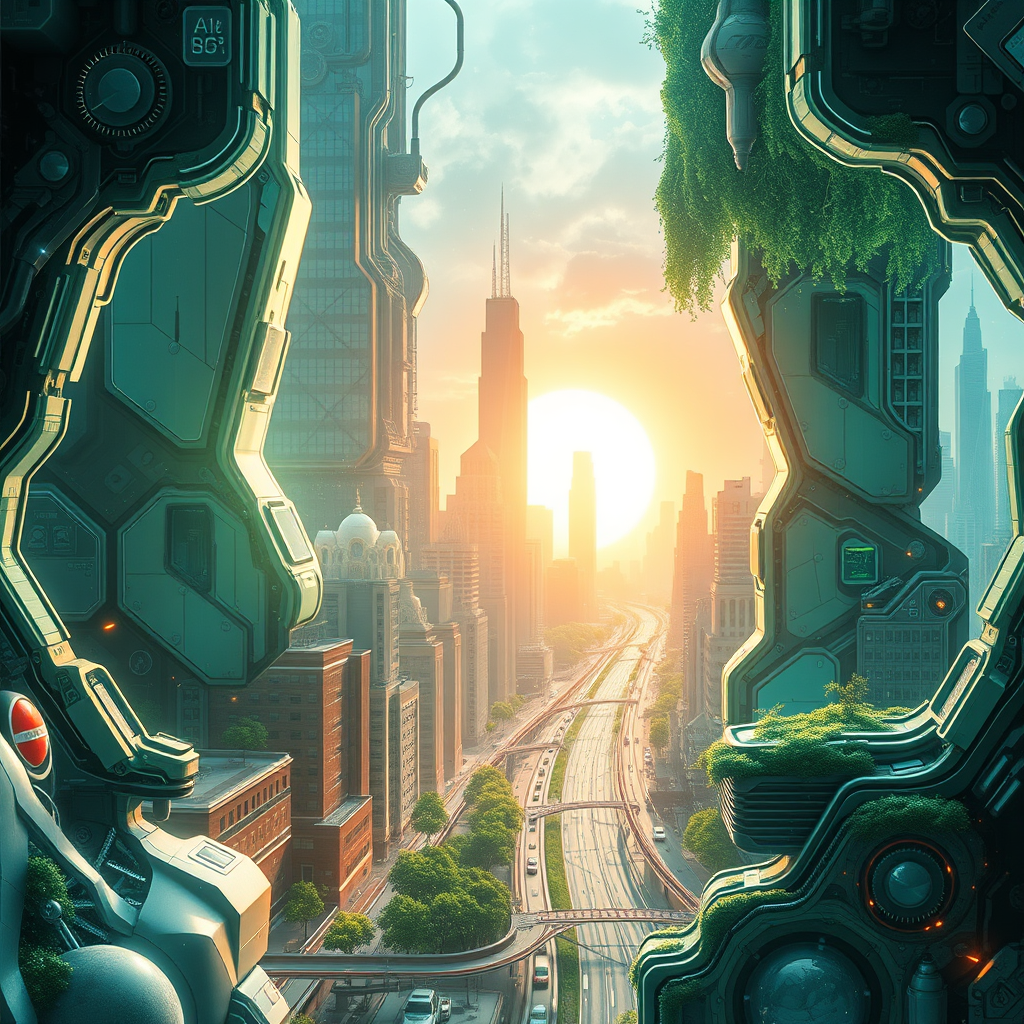

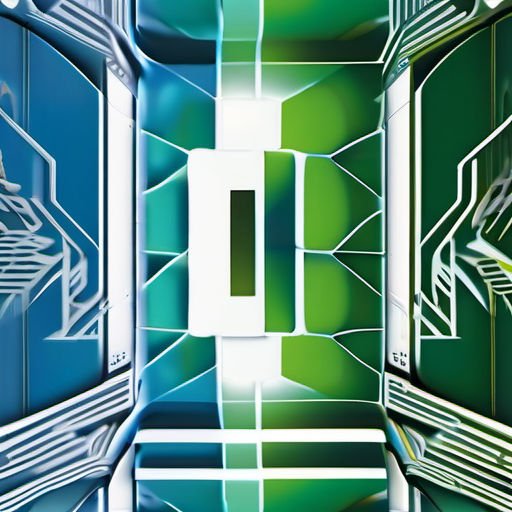


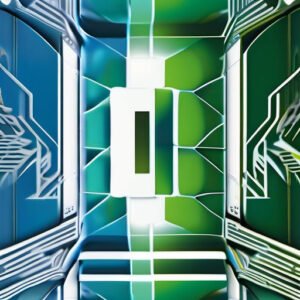



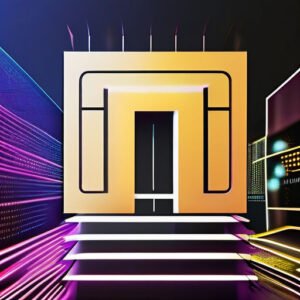
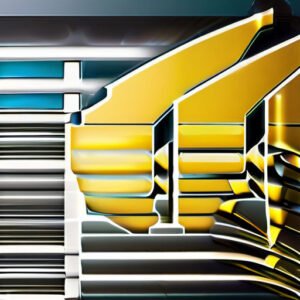

Post Comment